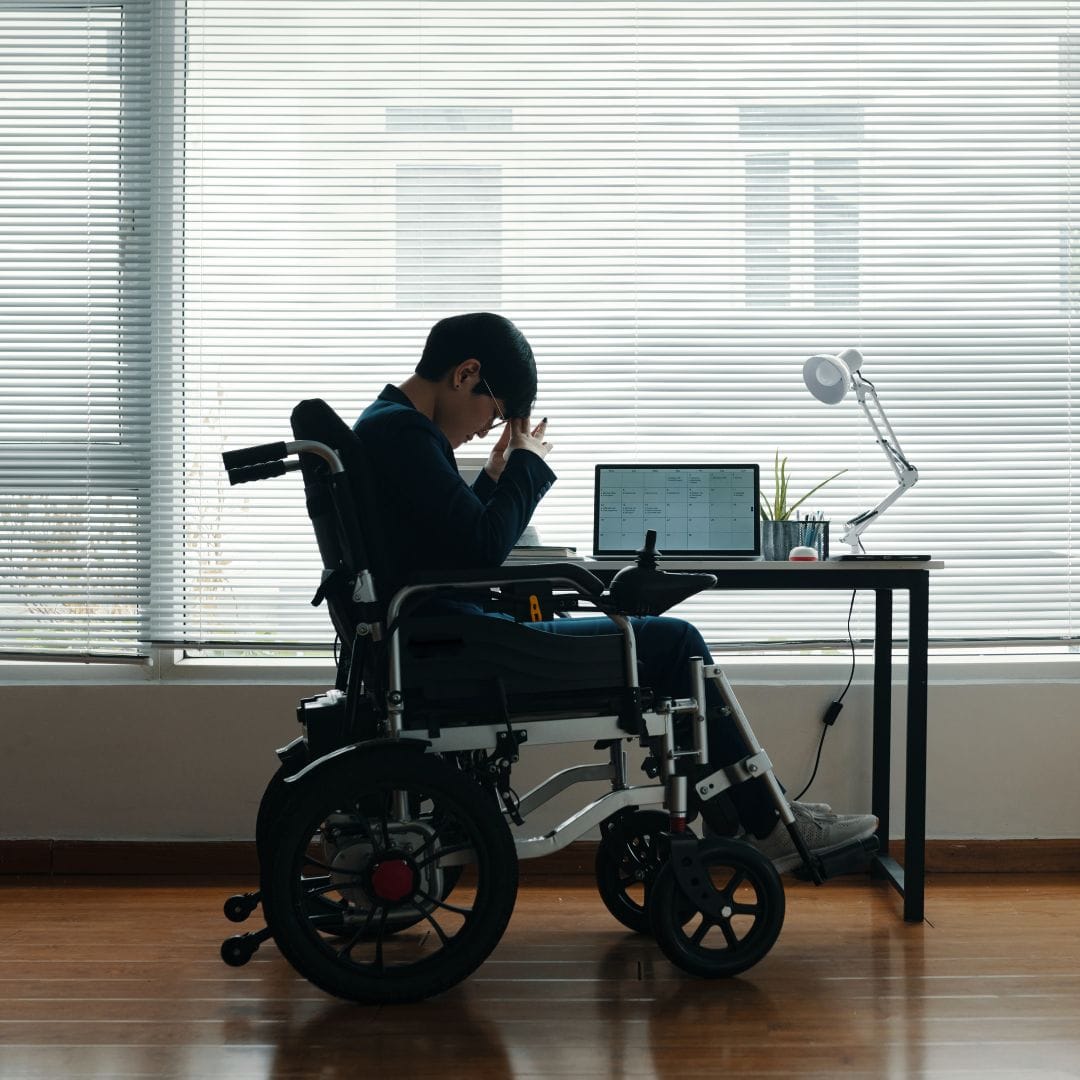Hand hygiene has always been important, but it’s even more critical now that we all remain vigilant about this first line of defense against viruses and infections. Here are some guidelines from Coloplast to keep on hand (get it?).
This advice is meant to address the COVID-19 pandemic. Certain supplies may be limited at times but you can still protect yourself and prevent infection using whatever is available to you.
Soap and water are good prevention, together with keeping distance from other people.
1. Hand Hygiene Basics
- Wash your hands frequently and whenever you enter your living space.
- Use soap and warm water for 40-60 seconds or alcohol-based hand sanitizer 20-30 seconds1 on all parts of the hand (front & back, under nails, between fingers, wrists).
- To dry your hands in a public place use single-use paper towels, or a clean towel at home.
- Avoid touching your face.
- Keep track of where you put your hands and clean those items/surfaces regularly.
- Be especially careful of surfaces in public areas that are touched by many people (elevator/door buttons, handrails, keypads, touchscreens, etc.).
- Cough or sneeze into your sleeve – not your hands.
2a. Manual Wheelchair Users
- If you wear gloves, clean these first with a non-damaging product.
- After you wash your hands, use paper towels or clean cloths to cover your tires if you need to touch them or transfer.
- Clean your pushrims, brake handles, push handles and any other parts of your wheelchair.
- Clean your tires regularly, and try to avoid touching your tires when you’re pushing.
2b. Power Wheelchair Users
- Wash your hands frequently and whenever you enter your living space.
- If you’re not able to wash your hands, get someone to help you clean them with soap & water or sanitizer.
- Clean your joystick and any other controls.
- Clean your armrests, tray, and any other parts of the wheelchair that your hands touch.
3. Everyone
- Clean your cell phone or other mobile devices, and any parts of a bag or backpack that you touch.
- Clean your keys, wallet, and any cards you use in public places.
4. Using Your Mouth
- If you have limited hand function, you may typically use your mouth to grasp and hold all kinds of things. Although it may be more difficult, it’s a good idea to find other strategies.
5. Other Assistive Devices
- Clean all parts of any assistive device you touch with your hands.
- Examples: splints, cuffs, braces, or reachers, the handles of your cane or crutches, the handgrips and brakes of your walker or rollator.
These measures may seem difficult and time-consuming, but it is extremely important for people living with spinal cord injury to prevent infection. During the current emergency, taking every possible measure to protect yourself will help you stay healthy. Always follow the advice given by your healthcare provider and address questions about COVID-19 to your healthcare provider.
Coloplast® Care is also here to support you and help you navigate through this. We offer straightforward advice, personalized support and inspiration, or on the phone, where our dedicated advisers will answer questions and offer advice about everyday challenges.
Visit Coloplast Care at www.coloplastcare.ca or call our advisers at 1-866-293-6349.
Note: Content sponsored by Coloplast. This is general information. You should follow the specific instructions provided by your healthcare provider and the catheterization solution you are using.
This content is based on the ’Hand hygiene for people with spinal cord injury’, URL: https://sci-can.ca/sites/default/files/images/HHygieneInfog2Side.jpg. Physical Therapy, University of Toronto 25 March 2020. All rights reserved.
1. World Health Organization. WHO guidelines on hand hygiene in health care. WHO Press, Geneva, Switzerland. 2009.




